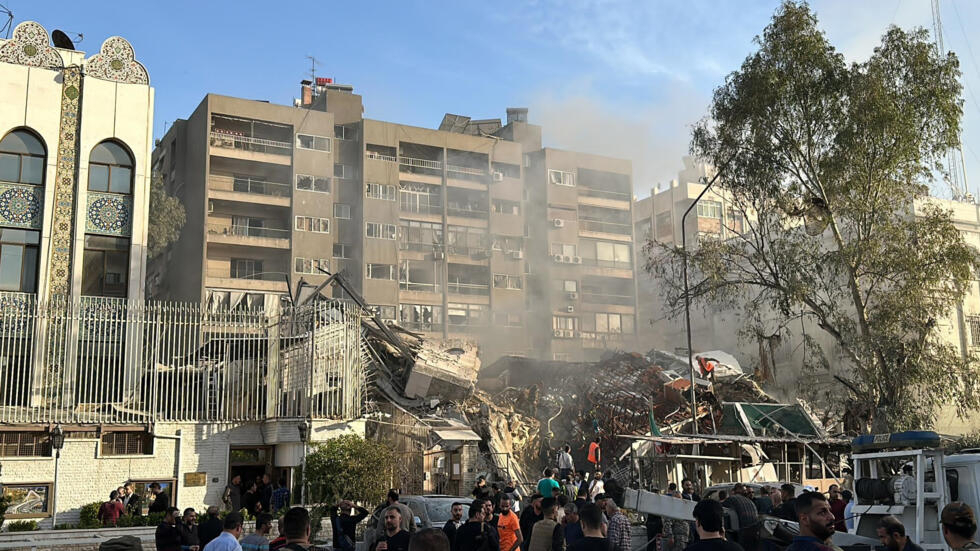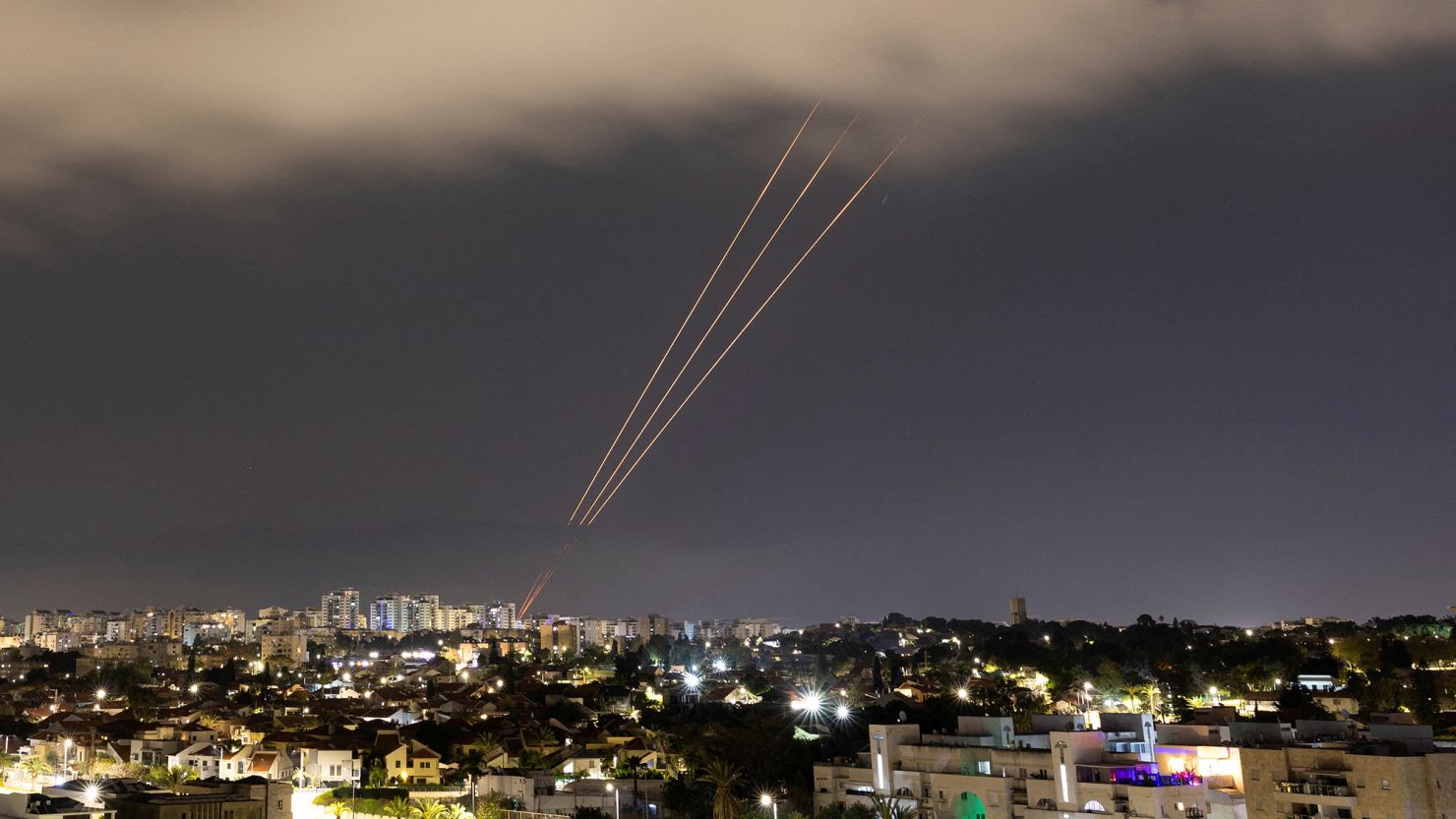Reports of an Israeli strike on Iran’s central city of Isfahan circulated on Friday, although both Israeli and Iranian media downplayed the incident.
While foreign reports hinted at Israeli involvement, neither nation provided official comments, signaling a desire to avoid further escalation of tensions. The strike, reportedly causing minimal damage, was described by an Isfahan resident as akin to “firecrackers.”
Israel’s military and foreign ministries refrained from commenting, adhering to a tradition of ambiguity concerning military operations.

This silence was consistent with Israel’s strategic messaging, aimed at maintaining control over the narrative. Israeli media cited reports from international outlets, but no official confirmation was issued domestically.
In Iran, official statements largely omitted references to Israel’s involvement, instead attributing the incident to vague causes.
Analysts and pundits on Iranian state television appeared dismissive, emphasizing the insignificance of the strike.
The reported attack followed heightened tensions sparked by the killing of seven Iranian officers in a strike on an embassy compound in Damascus.
Iran’s subsequent retaliatory drone and missile strikes were intercepted by Israeli air defenses, indicating a desire to avoid further escalation.
While Israel has refrained from acknowledging its role in the Isfahan strike, Iranian President Ebrahim Raisi’s decision to continue his scheduled trip suggested a reluctance to escalate hostilities.

Israel’s Homefront Command issued no new instructions to the population, indicating a state of relative calm.
Public opinion in Israel reflected a mixed stance on retaliation, with some favoring a response despite the risk of expanding the conflict.
However, residents like Pavlo Tzuk emphasized Israel’s preference for peace and safety over war, highlighting a desire for stability amidst regional tensions.





